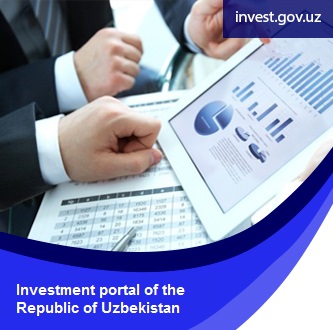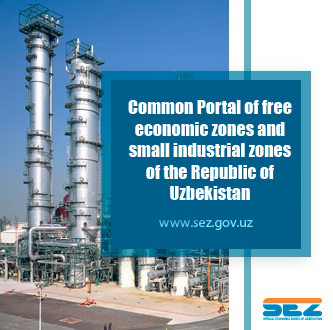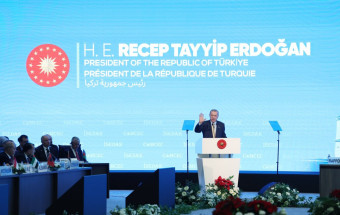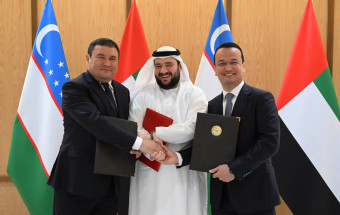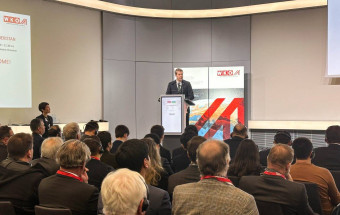Inclusive dialogue with the heads of Bukhara region makhallas
On January 18 this year, Deputy Prime Minister of the Republic of Uzbekistan S. Umurzakov had an inclusive dialogue with the heads of all 544 makhallas of districts and cities of Bukhara region via vide-conferencing from Bukhara city. The dialogue focused on a comprehensive discussion of the existing social and economic regional problems, as well as the development of promising mechanisms for cooperation. The discussion also involved the heads of ministries, departments, industry associations and commercial banks assigned to the districts and cities of Bukhara region, as well as the relevant heads of local authorities.
The inclusive format provided a constructive exchange of views on principles of further joint work to stimulate the social and economic development of the region.
The dialogue noted the significance of close interaction between all elements of public administration from the Government to makhallas. There was a task set to develop passports for all 544 makhallas in the region, indicating the existing potential and pressing concerns.
Heads of local authorities, four sectors, district and city organizations responsible for the development of districts and cities together with the heads of makhallas will develop programs for the integrated social and economic development of cities and regions specifying certain practical measures for each makhalla based on these passports.
These programs will include targeted measures to improve the infrastructure and architectural appearance of microdistricts, construct affordable multi-storey housing, maintain and improve the condition of internal roads, construct and repair water, electricity, and gas supply networks, social facilities, and provide employment for the unemployed able-bodied population, including youth in makhallas.
The discussion emphasized the need to increase the activity of the heads of makhallas when taking practical measures to raise the economic potential of the supervised sites by identifying new opportunities for the creation of new enterprises and attraction of population to entrepreneurial and production activities, as well as meeting the needs of citizens by modernizing the communal and social infrastructure.
The discussion resulted in advanced algorithms for cooperation between the assigned heads of ministries, departments, industry associations, and commercial banks with the heads of districts, cities, and makhallas aimed at high-quality and timely execution of tasks.



